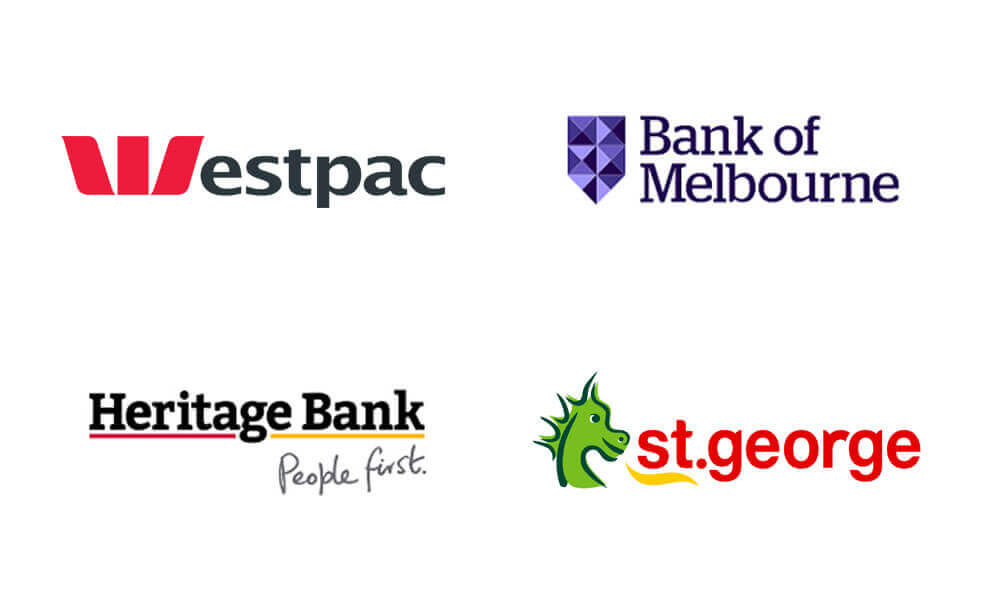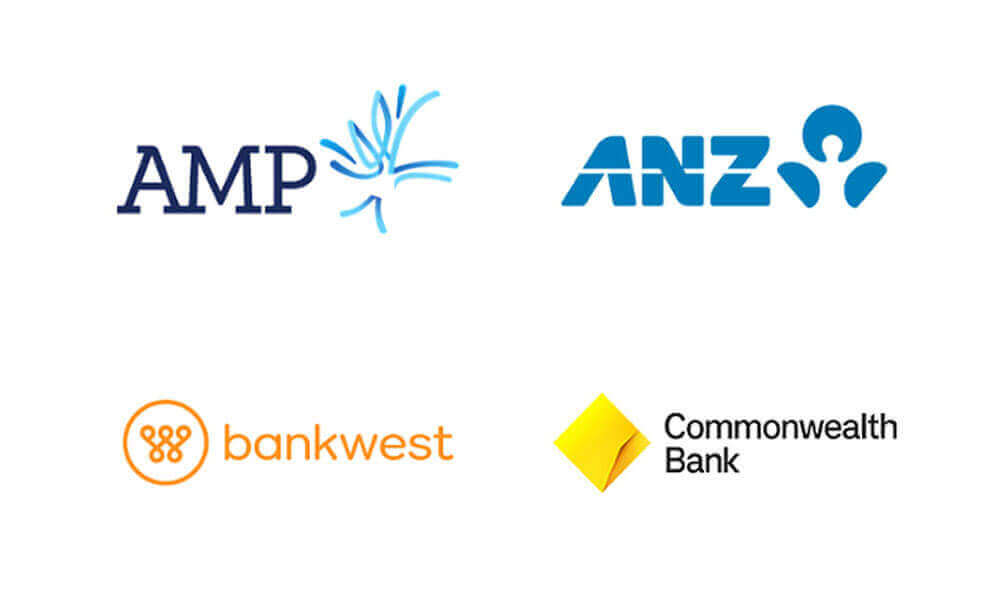
A homeowner’s guide to refinancing
With a home loan it’s easy to just ‘set and forget’. But it’s sensible to…

Considering whether to invest in an apartment or a house? Perhaps you’re eager to enter the property market but working with a limited budget. Opting for a unit or apartment could offer a strategic first step onto the property ladder.


Recent data from CoreLogic reveals that unit values are experiencing faster appreciation than houses in over half of Australia’s suburbs.
Besides being more financially accessible than houses, apartments present additional advantages for investors. Let’s delve into the pros and cons of apartment investing.
A more affordable entry point
Apartments generally come with a lower price tag compared to houses. The median house price in Australia’s capital cities is approximately $975,592, whereas the median unit price is approximately $669,434. This affordability reduces the required deposit and may ease loan servicing.
Reduced maintenance responsibilities
Unlike owning a house where all maintenance costs fall on the owner, apartments typically share common area maintenance expenses among unit owners through a body corporate scheme. This often translates to less maintenance overall.
Potentially Lower Expenses
Certain costs, such as council rates, tend to be lower for apartments compared to houses. This can enhance your investment returns by minimising ongoing expenses.
Potentially higher rental yield
Apartments often yield higher rental returns than houses due to lower initial outlay and similar rental income potential. This can better position you to cover mortgage payments and other expenses.
You may need to pay strata fees
Apartment owners in strata schemes must budget for body corporate fees, which can vary widely and increase over time. Additional facilities like onsite managers, pools, and gyms can elevate these costs further.
There may be restrictions
Renovation plans may require approval from the strata committee, particularly for alterations affecting the exterior or shared utilities. Restrictions on pet ownership could also limit your potential tenant pool.
Oversupply can affect your investment
Investing in an area with excessive apartment construction can impact your property’s growth potential, rental yield, and tenant demand. Opting for low-rise or boutique apartments in regulated development zones is often recommended.
Considering your finance options for a studio apartment, a larger unit, or even a house? We’re here to guide you through available investment loans tailored to your financial goals.
Reach out to your 1st Street Mortgage Broker today to discuss how we can assist you.

With a home loan it’s easy to just ‘set and forget’. But it’s sensible to…

It’s important to regularly review your home loan to ensure it’s meeting your needs. Discover the benefits of a home loan health check and how to do it.
Yes, that’s right. You pay zero, zip, nada.
1st Street’s premium service comes at no cost to you! 1st Street is paid by the lender when your loan settles, however, this will not affect your interest rate or loan fees! It is often more cost-effective for a mortgage broker to process a loan rather than the lenders processing it themselves in-house. In fact, we often find that we can save you money by negotiating on your behalf.
Use our online calculators to work out how much you can borrow, loan repayments, stamp duty and lots more.






